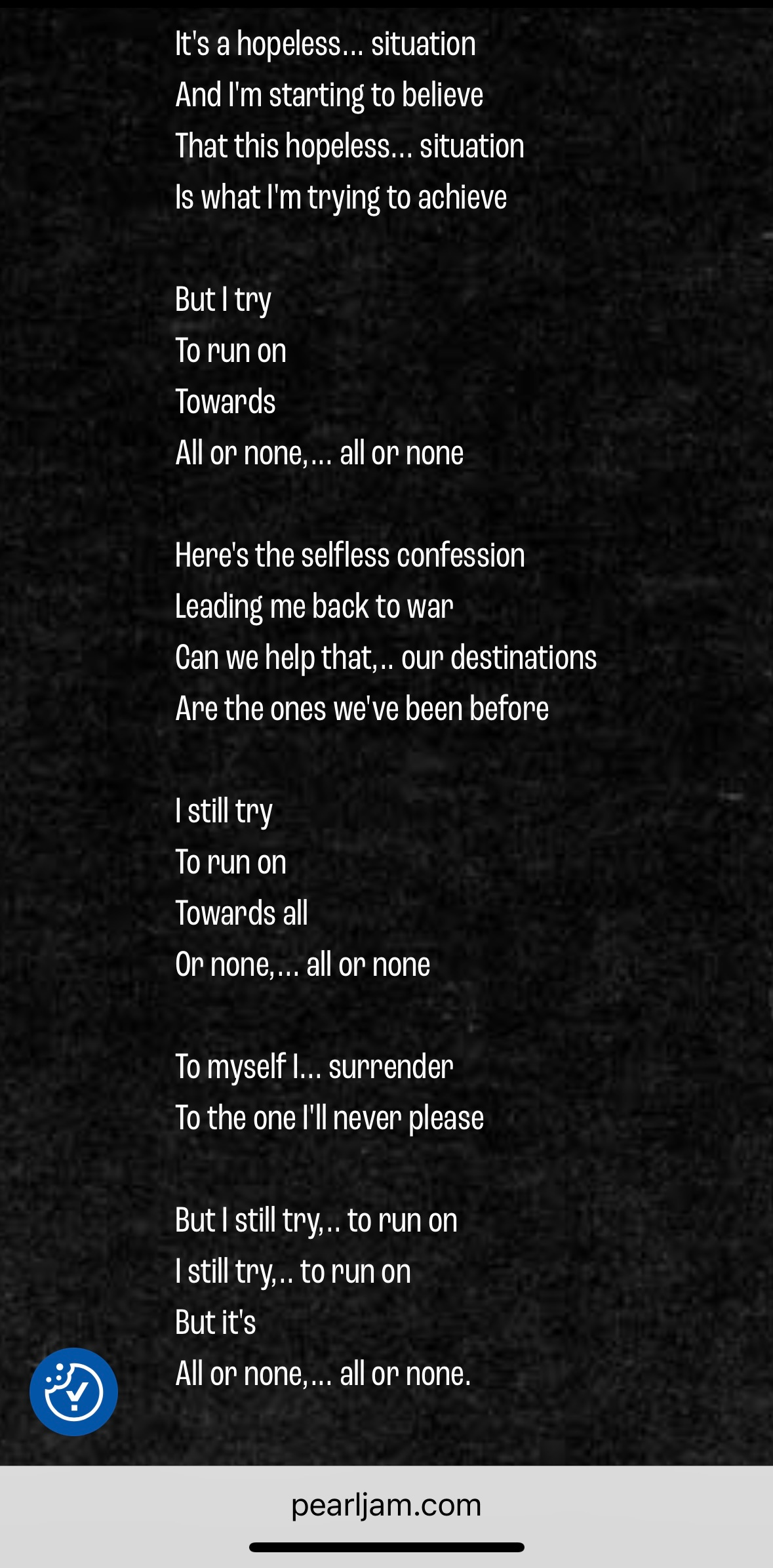The larger the firm, the harder it is to convince folks that “people matter.” With > 64,000 employees, TSX-listed Constellation Software (CSU-TSX) has a bigger team than many banks, for example. Surely, a company with that many brains wouldn’t miss a single one.
Not even that of Founder/CEO Mark Leonard.
On the news of his resignation last week, CSU shares peeled off some $10 billion in market value. If you’ve followed that particular success story over the decades, it makes sense. Canadian institutional investors came to eventually realize that there’s really no one quite like Mark Leonard, even it was too late to ride a big chunk of his wave. But, a $10 billion man?
Yes, actually.
Whether they learned that on the IPO roadshow in 2006, when shares were trading in the $60s and the company had been put up for sale in 2011 at the alleged behest of two private equity backers, or around the time the company was added to the S&P TSX 60 Index in 2015 and PMs could no longer ignore what this $400/share software roll-up stock was all about.
My headline writing friends at the Globe referred to Mr. Leonard as “Canada’s answer to Warren Buffet,” which draws from an earlier piece in The Economist where CSU was named a “Baby Berkshire” and “the world’s best acquirer of tech firms.” That ran in November 2023, just as shares crossed the $3,000 mark.
The moniker “disciplined” has forever been applied to Mr. Leonard’s investment approach and I’m sure he’d be fine with that. Not for ego reasons, but because it’s simply harmless piffle. Most experienced investors think of themselves as being “disciplined,” and such cliches served a purpose where Mr. Leonard was concerned.
How do anyone copy a strategy that’s “disciplined?” There are hundreds of well-capitalized firms around the world looking to buy profitable, steady software firms. Good luck leveraging any 50,000 foot analysis.
The story behind his legendary run is what I’ll always remember, and it has nothing to do with the verb “discipline” — which implies “training someone to obey rules or follow a code of behaviour.”
If you’ve spent even a few minutes with Mr. Leonard over the past decade or two, you’d find that he’s anything but a traditional rule follower. The “iconoclast” label is certainly more insightful, but the next generation of business leaders should focus on trying to mirror his intestinal fortitude. That’s actually possible, I think.
That public investors might never have had the chance to ride CSU shares from ~$60 to $3,000 and beyond (ie. the chance to benefit from this nebulous yet “disciplined” approach to acquiring and integrating small software companies) is as much a part of his legacy as anything else.
Whatever version of the 2011 bunfight story you believe — that CSU’s original PE-backers wanted to sell the business over the wishes of Mr. Leonard and his management team, or that the auction fizzled when no buyers showed up at a premium to the then-quote — it was the intestinal fortitude that Mr. Leonard showed in that moment that generated one of the best TSX returns this century.
The vision outlined during the IPO roadshow was no less viable or lucrative five years later. Like Mr. Buffett, Mr. Leonard had a process, instincts, and momentum. Pull up a share price chart to see how these two investors have performed. One was happy with the limelight, while the other shunned it.
There’s no moral to that angle of the story, which is why such comparisons don’t help investors navigate the public markets — nor provide a hint to who young business leaders should try to emulate. What is actionable, I’d argue, is to build your toolkit to the point where the difference-maker can be your version of the same intestinal fortitude that helped drive the countless decisions that Mr. Leonard made over these last three decades.
The unfortunate news of Mr. Leonard’s departure for health-related reasons reminds us all that we can’t fight the corporate battle forever. Hopefully, he’ll parry this challenge as well as he’s done to thousand others before.
As much as Pearl Jam’s “Hail, Hail” lyrics seem appropriate for someone who [may have] had a falling-out with his PE-backers so many profitable years ago (“I find it on my run in a race that can’t be won” “Sometimes realize, I could only be as good as you’ll let me”), I gravitate to the darker “All or none.”
To myself I…surrender
Surrender to the one I’ll never please
Face yourself. Set lofty goals.
Build the best software acquirer in the world. Don’t take yourself too seriously. Generate billions of dollars of wealth for everyone who had the confidence to stick with you, but still ride your bike to work. Follow your own stark, independent path.
When you can’t give it your 100% any longer, stop the very next day. “All or none,” from the beginning to the end.
MRM
(note: this post, like all blogs, is an Opinion Piece)
(disclosure: I own CSU shares via a managed account)



Individuals matter and thank you for the excellent article reminding us about a terrific entrepreneur and how his success was also contributing to the success of investors.
I've been aware of Mark Leonard and CSU since a fellow soccerDad I know has worked there for over 20yrs now. Compare Leonard to Buffet in regard their first 20yrs, not the last 20yrs when Buffet had a profile. In any case, I wish Mark Leonard well and thank you Mark McQueen for your post.